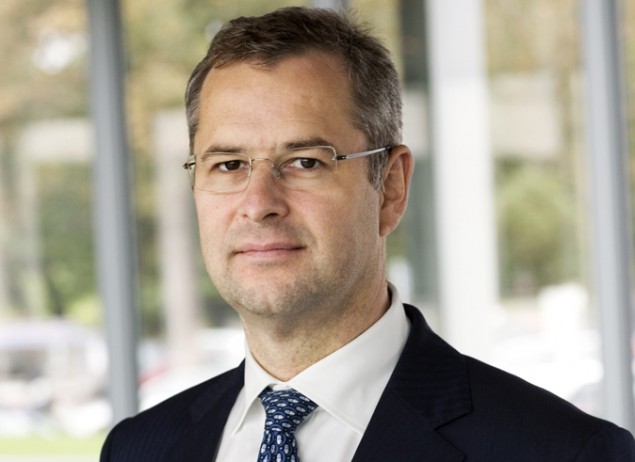
The first quarter earnings of Danish conglomerate, A.P. Moller–Maersk has been described as unsatisfactory by its CEO, Søren Skou.
The group’s profit for the period January to March 2018 stood at USD2.76 billion while the underlying result for the quarter after financial items and tax amounted to a loss of USD239 million.
The results featured four new business segments Ocean, Logistics & Services, Terminals & Towage and Manufacturing & Others.
Earnings before interests, tax, depreciation and amortization (EBITDA) increased by 5% to USD669 million, negatively impacted by the adverse rate of exchange development compared to same period last year of around net USD100 million.
The group’s earnings in the Ocean segment reached USD492 million, impacted by higher unit costs due to adverse developments in bunker price and rate of exchange.
For the non-Ocean businesses, the higher volumes in Terminals & Towage led to an improvement in EBITDA from USD139 million to USD196 million, while Logistics & Services reported slightly lower EBITDA of USD23 million from USD32 million.
“In the first quarter of 2018, we reported a 30% revenue growth and the integration of the business is well underway with a successful start to the Hamburg Süd integration and the closing of Maersk Oil transaction in March with an accounting gain of USD2.6 billion,” the company reported on Thursday.
“We reiterate our guidance for 2018 with an underlying profit for the year above 2017 (USD356m) noting that the industry is seeing more geopolitical risk, more trade tension and more volatility in general,”
The group’s revenue hit USD9.3 billion in the quarter with volume growth in Ocean – excluding Hamburg Süd at 2.2%, slightly below estimated global demand growth of 3 to 4%.
The non-Ocean businesses reported a revenue growth with 6% in Logistics & Services and 11% in Terminals & Towage, reflecting strong growth in volumes mainly driven by commercial wins and new terminals and services.
Maersk added that synergies have been realized from increasing collaboration especially between Ocean and gateway terminals, leading to volume growth significantly above the market growth.
“In response to the current challenging market conditions we are implementing a number of short-term initiatives to improve profitability and we reiterate our guidance for 2018,” Skou said.
The Maersk group expects an underlying profit of USD356 million in 2018, above the 2017 level and an EBITDA in the range of USD4 billion USD5 billion as against an EBITDA of USD3.5 billion recorded in 2017.
The Danish group noted though that there were increased uncertainties due to geopolitical risks, trade tensions and other factors impacting container freight rates, bunker prices and rate of exchange.